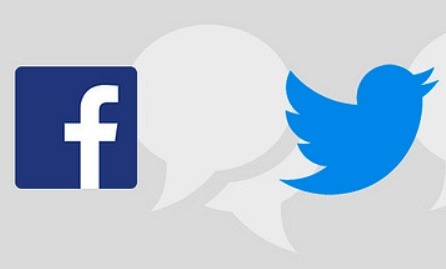Editor's comment: Big data or better drugs?
30 Oct 2014

If data taken from social media posts can be used to help curb the spread of HIV, will those most severely affected by the virus benefit?
Sean Young, assistant professor at the University of California, said in a recent article that ’big data’ taken from social media posts could be used to curb the spread of diseases such as HIV - a disease which affects roughly 35 million people worldwide.
Young, who is currently working to develop a sophisticated structure capable of handling and effectively categorising health-related social media activity, said privacy would not be breached as people have already begun to accept certain invasive uses of their social media information.
But there is a wider issue which Young’s article does not consider.
Stopping the spread of HIV through well-collected and effectively analysed data streams is certainly a positive step, but many of those with HIV may not have access to social media, or even the internet.
Of the estimated 35 million people worldwide that have HIV, almost 25 million of those live in sub-Saharan Africa.
Though useful to HIV sufferers in the US, what use is Young’s study to a region that has an inadequately developed online infrastructure, limited social media connectivity and is severely affected by HIV?
The honest answer, “not very”.
So what is the solution?
Perhaps the obvious answer is to heavilly invest in sub-Saharan Africa’s broadband capabilities so that more people can share HIV-related information and learn far more about disease prevention and the variety of treatment options.
Indeed, Africa’s Twitter usage (see PDF below) is currently “exploding”, as a report in the International Business Times pointed out in April of this year. Unfortunately, however, this uptake of social media is taken from the 20 most populated cities in Africa and barely scratches the surface of the African continent.
Therefore, and as I suspect would be far more beneficial, efforts could be dramatically refocused to rapidly develop life-saving treatments that effectively treat HIV, or better still, therapies that eradicate the virus altogether.
Similar, in many ways, to international responses to the current Ebola epidemic which has claimed thousands of lives in west Africa.

